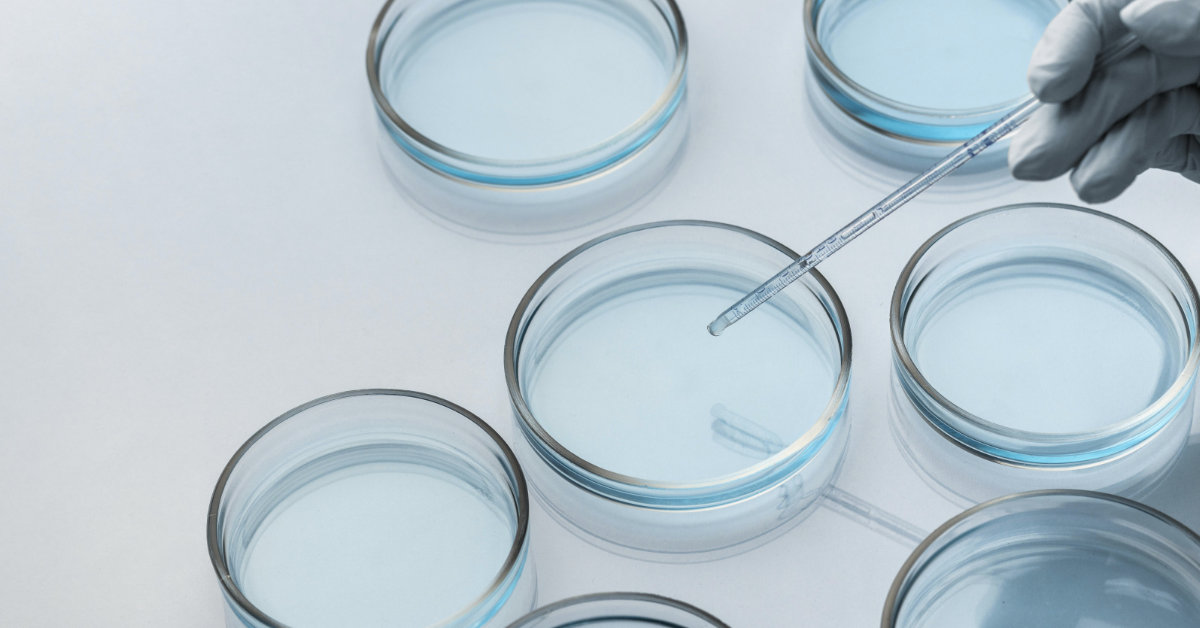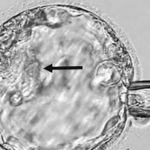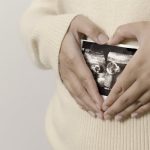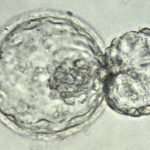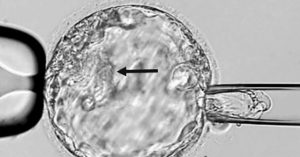The process of generating eggs for IVF or egg freezing is known as Controlled Ovarian Hyperstimulation (COH). It involves administering medications via injections to gradually stimulate the growth of multiple follicles within the ovary, thereby enabling the retrieval of multiple eggs at the conclusion of the process.
For those who have undergone IVF or egg freezing, it’s often perceived that the “number of eggs retrieved” correlates with success. While there is some validity to this perception considering the statistical aspects, it’s not always the determining factor.
Many patients aim for a high egg count, yet the process is heavily influenced by each individual’s ovarian reserve — meaning not everyone can produce the same quantity of eggs, regardless of medication dosage.
Every patient is unique, and while there may be a sense of reassurance in numbers, a successful outcome isn’t solely contingent upon the quantity of eggs retrieved. The mantra in fertility treatment, “it only takes one,” might seem simplistic, but in IVF, it rings true.
It’s natural to compare outcomes with others who have undergone IVF, but such comparisons often fail to capture the full picture. Engaging in an informed discussion with your fertility doctor can provide clarity and alleviate concerns regarding your specific situation.

